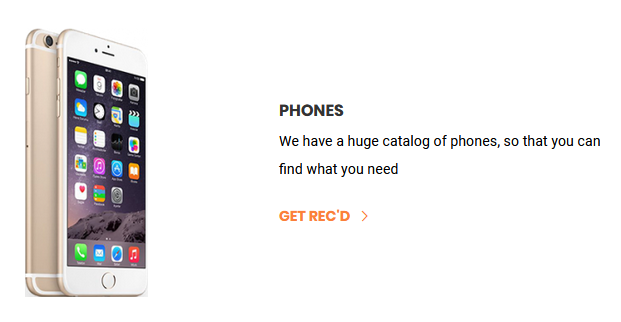Many countries around the world are scrambling to create a contact-tracing app allowing tracking of the spread of COVID-19.
The UK is one of the first countries to have completed development, the beta launched last week on the Isle of Wight, however huge challenges have had to be overcome.
Recently the UK government decided to opt out of using the application currently under development by Apple and Google, or rather I should say contact-tracing API.
Instead of a decentralised approach the UK has opted into a centralised approach meaning that all data will be gathered and analysed by the NHS.
However, this decision has raised concerns over the security of the data and the fact it opens up new avenues for surveillance techniques.
The app will also face difficulties, by not working with the two developers of the software behind the majority of handsets.
Apple and Google have made the argument that they do not wish for this data to be used for anything other than helping to overcome the current pandemic, however the UK government say no such thing about their solution, suggesting other organizations might use the information for public health research in the future.
One of the core issue is app permissions, something you will understand if you have recently purchased or downloaded an app, you will have had to agree for the application to use handset features.
he contact tracing applications will use Bluetooth, this enables a log of nearby devices to be cached. When of those users then informs the app that he may have the virus, all users who have been in contact will be alerted to take further social distancing measures.
The issue is in the way Apple and Google currently restrict the Bluetooth connectivity of the applications, they don’t allow developers to constantly broadcast Bluetooth signals, as that sort of background broadcast has been exploited in the past.
.iOS apps can only send Bluetooth signals when the app is running in the foreground. If your iPhone is locked or you’re not looking at the app, then there’s no signal.
The latest versions of Android have similar restrictions, only allowing Bluetooth signals to be sent out for a few minutes after an app has closed. Such restrictions will block devices from alerting one another in close quarters, drastically reducing the effectiveness of any contact-tracing app.
Apple and Google will ave the ability to change the rulings to their apps, as they are writing the code, however will they grant this to a third party application.
The UK government has stated they have overcome these challenges, however the workaround is unknown and as yet unfounded until the results of the Isle of White beta return.

